News
-
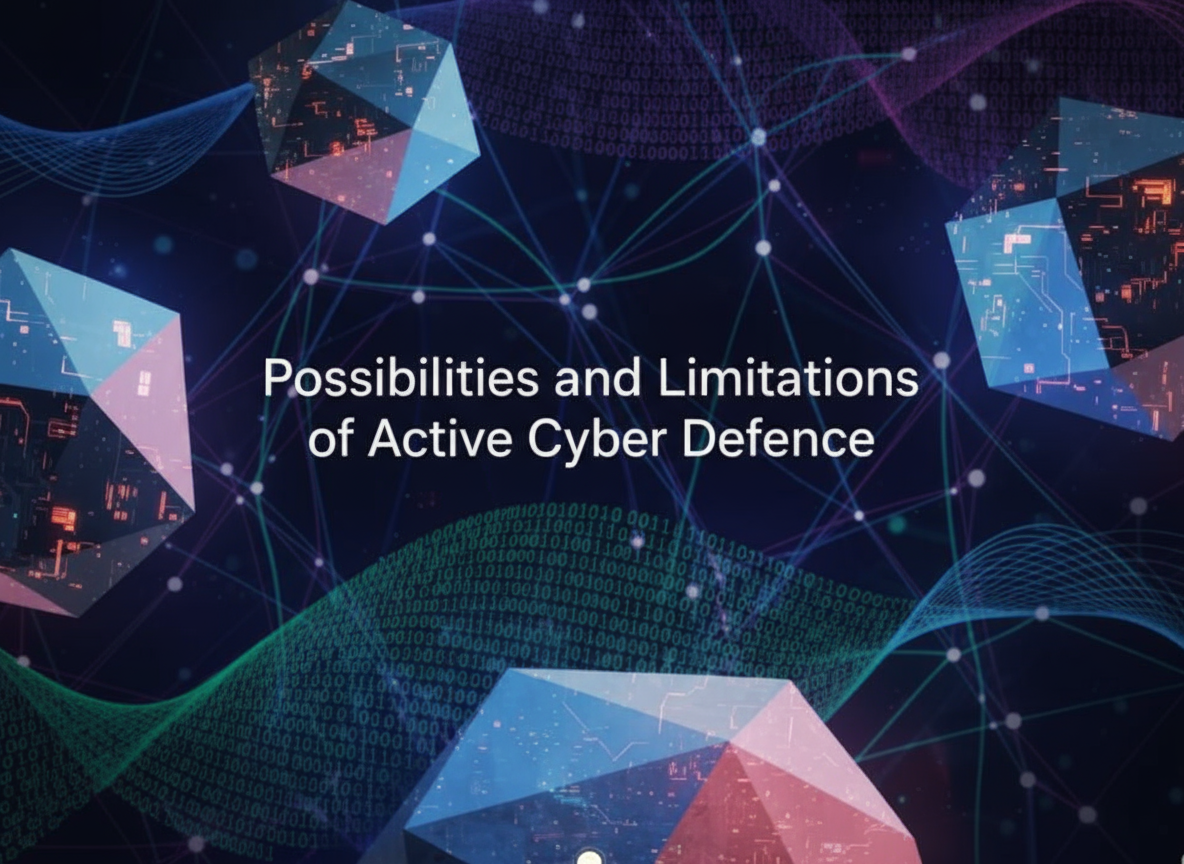
The ICS team recently facilitated an event on limitations of active cyber defense postures during a recent IFSH “Kurz erklärt” roundtable at the Berlin office. Cyberattacks against Germany are increasing in both number and complexity, raising calls for more proactive responses. Germany has been debating “active defense” for a while now. However, previous theoretical proposals are…
-

The tech sphere has recently been buzzing about the announcement of the NEO Home Robot. For $20,000 or a monthly subscription fee of $499, you can pre-order your friendly humanoid home assistant marketed to do your chores: dusting and ordering your bookshelves, vacuum cleaning, bringing you flowers, carrying your groceries from the car, emptying the…
-
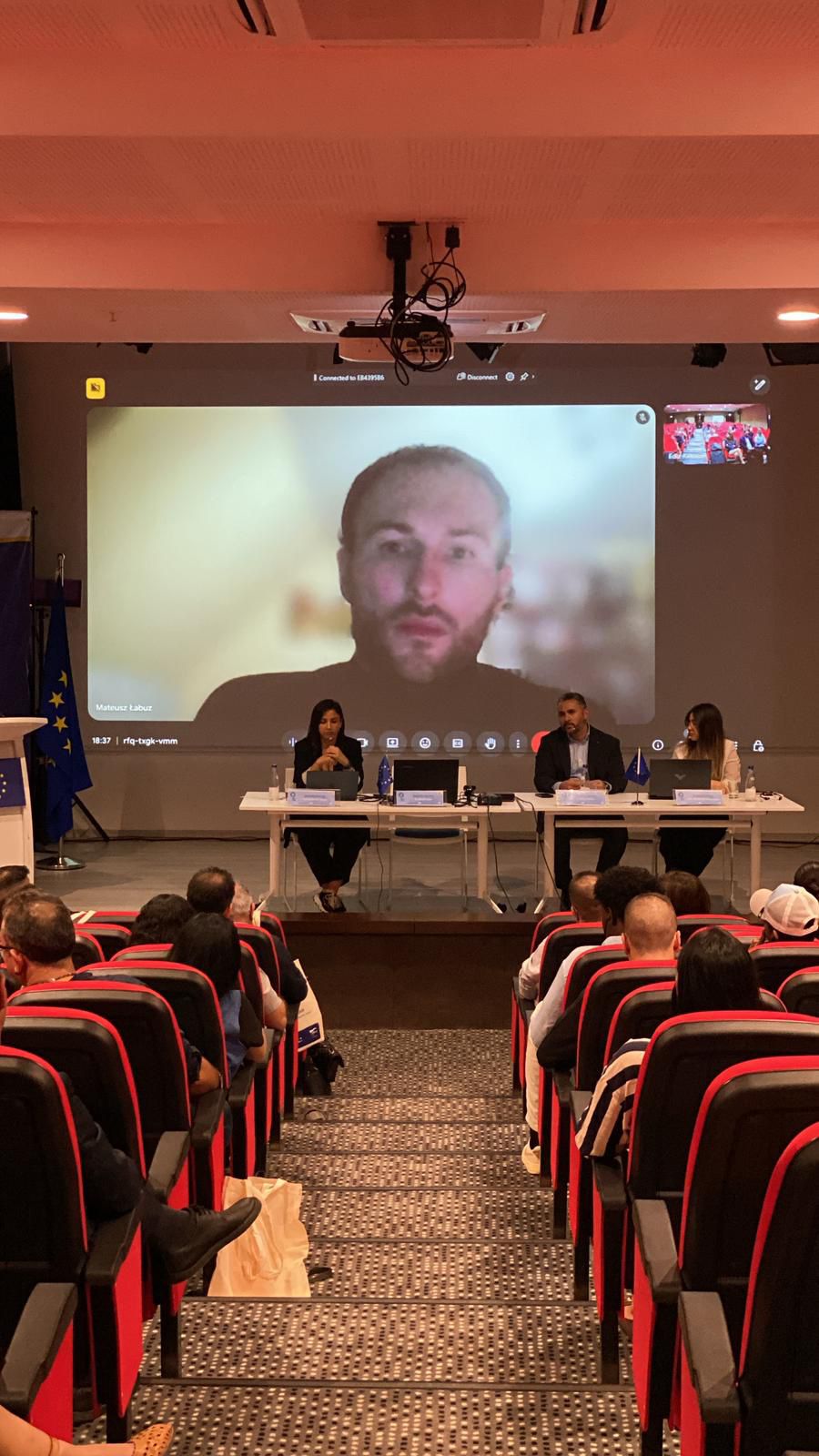
Mateusz participated in a discussion titled “Digital Threats and the Human Element: From EU Policies to Everyday Life,” organized by EU InfoPoint in Cyprus. He shared his observations about the dynamic changes in cyberspace that present us with new challenges. Challenges that are universal, regardless of geographical location, even if the intensity and consequences may…
-
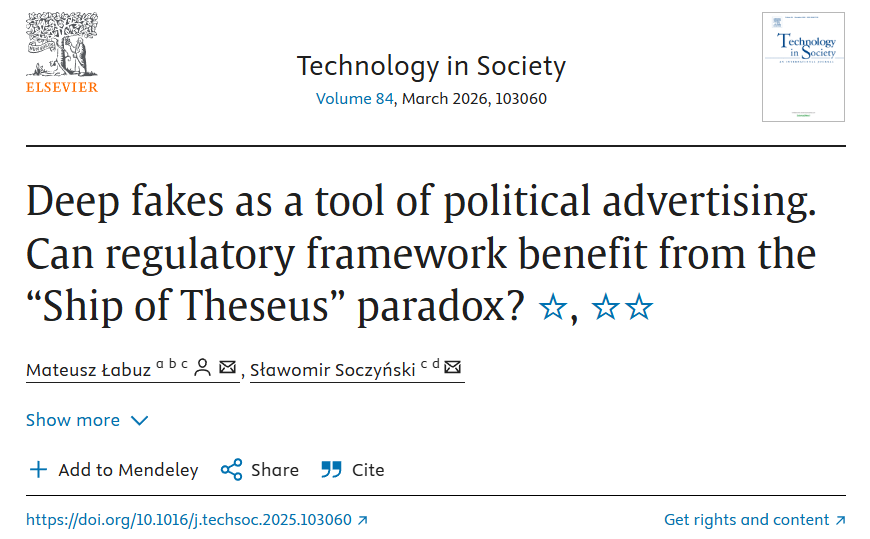
Mateusz, together with Professor Stanisław Soczyński, published a peer-reviewed article in the prestigious scientific journal “Technology in Society”. The article was titled “Deep fakes as a tool of political advertising. Can regulatory framework benefit from the Ship of Theseus paradox?”. Deep fakes have been consistently perceived as a threat to social and political processes, particularly…
-
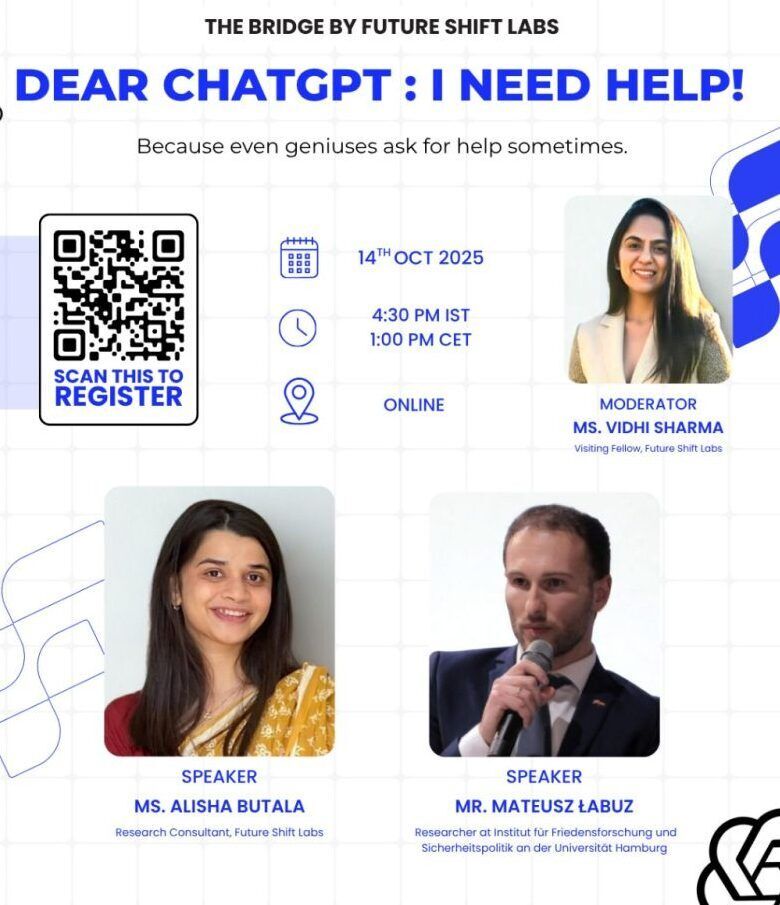
Mateusz was one of the keynote speakers at a webinar organized by the Future Shift Labs. The meeting was organized as part of The Bridge series, the main aim of which is to raise social awareness in the area of modern technologies. The meeting focused on new applications for large language models, with Mateusz concentrating…
-
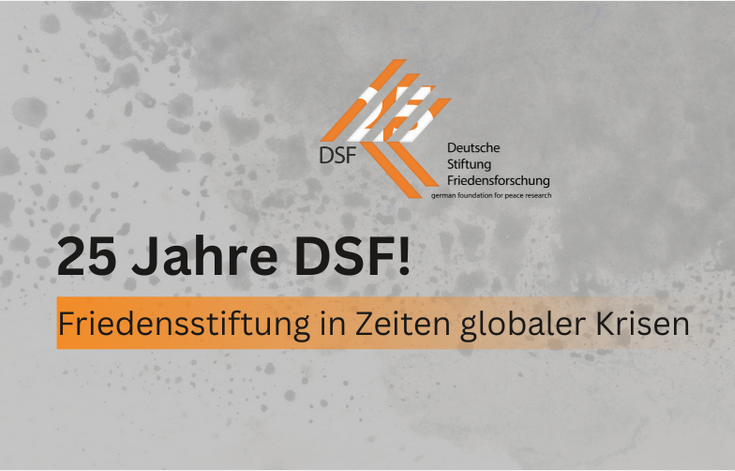
Matthias participated at the panel “Arms control in crisis: Technological and security challenges” at the Deutsche Stiftung Friedensforschung Konferenz in Osnabrück. The panel explored how traditional arms control struggles to address digital technologies, including software, AI, and cyber capabilities. Matthias argued, that unlike physical weapons, digital tools are inherently flexible, hard to define, easily automated,…
-

Matthias was interviewed by Zeit Online about recent drone incursions, cyberattacks against German infrastructures, and hybrid warfare tactics. He stressed that drone incursions are not just about political signaling and psychological effects but generate tangible intelligence for the preparation of the future battlefield as well as for future sabotage attempts. It is therefore of the…
-
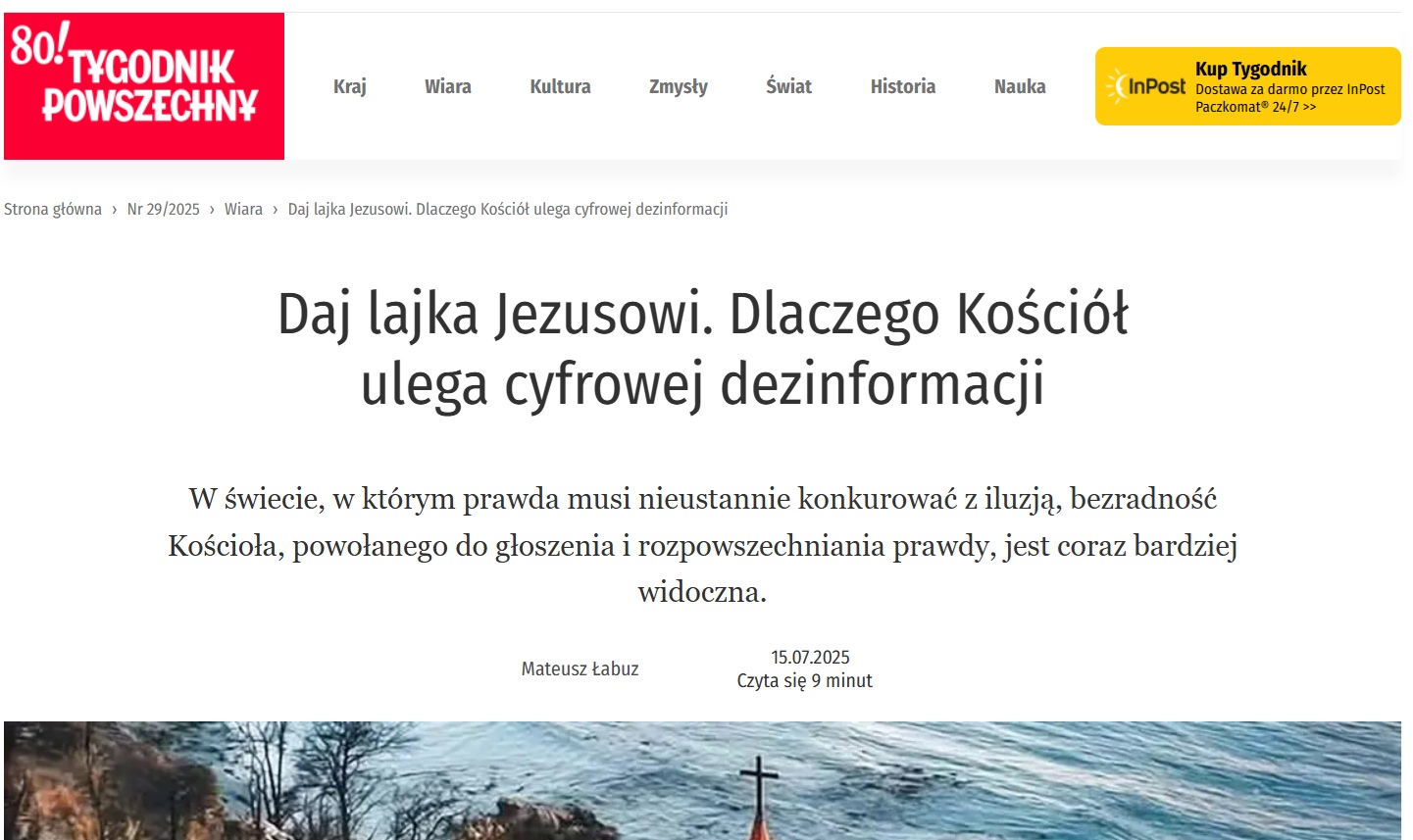
Mateusz’s OpEd on disinformation and Catholic Church was published in “Tygodnik Powszechny”, one of the biggest Polish weekly newspapers. Mateusz argues that Catholic Church has the potential to strengthen social resilience, but it lacks the awareness itself and is not free from falling into and spreading disinformation. This also includes the digital sphere, where greater…
-
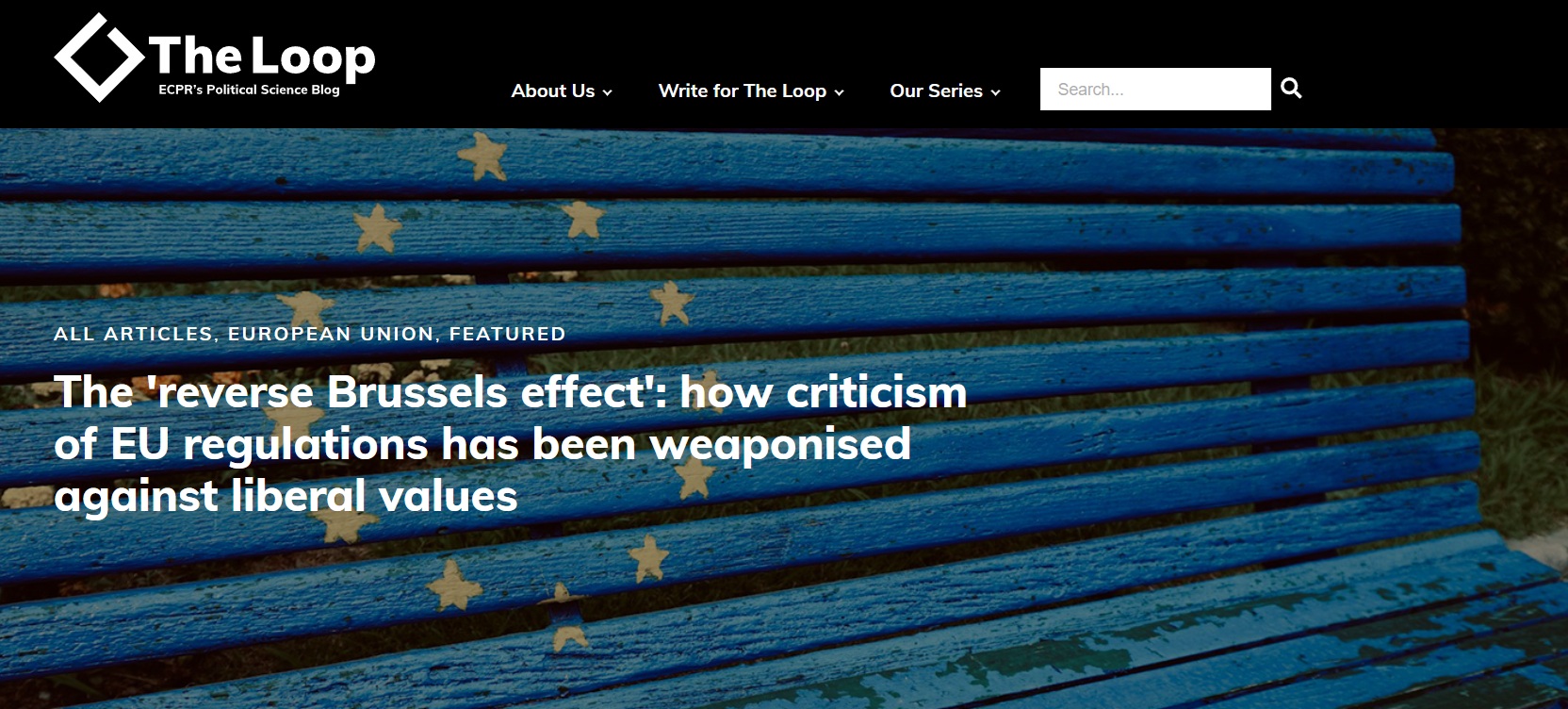
Mateusz’s OpEd on “Reverse Brussels Effect” was just published by the Loop, which is the official blog/online publishing outlet of the ECPR. In the article, Mateusz argues that the ongoing demonization of the EU, including its lack of innovativeness and competitiveness, serves to demonize the EU and our common democratic values. The big-tech and the…
-
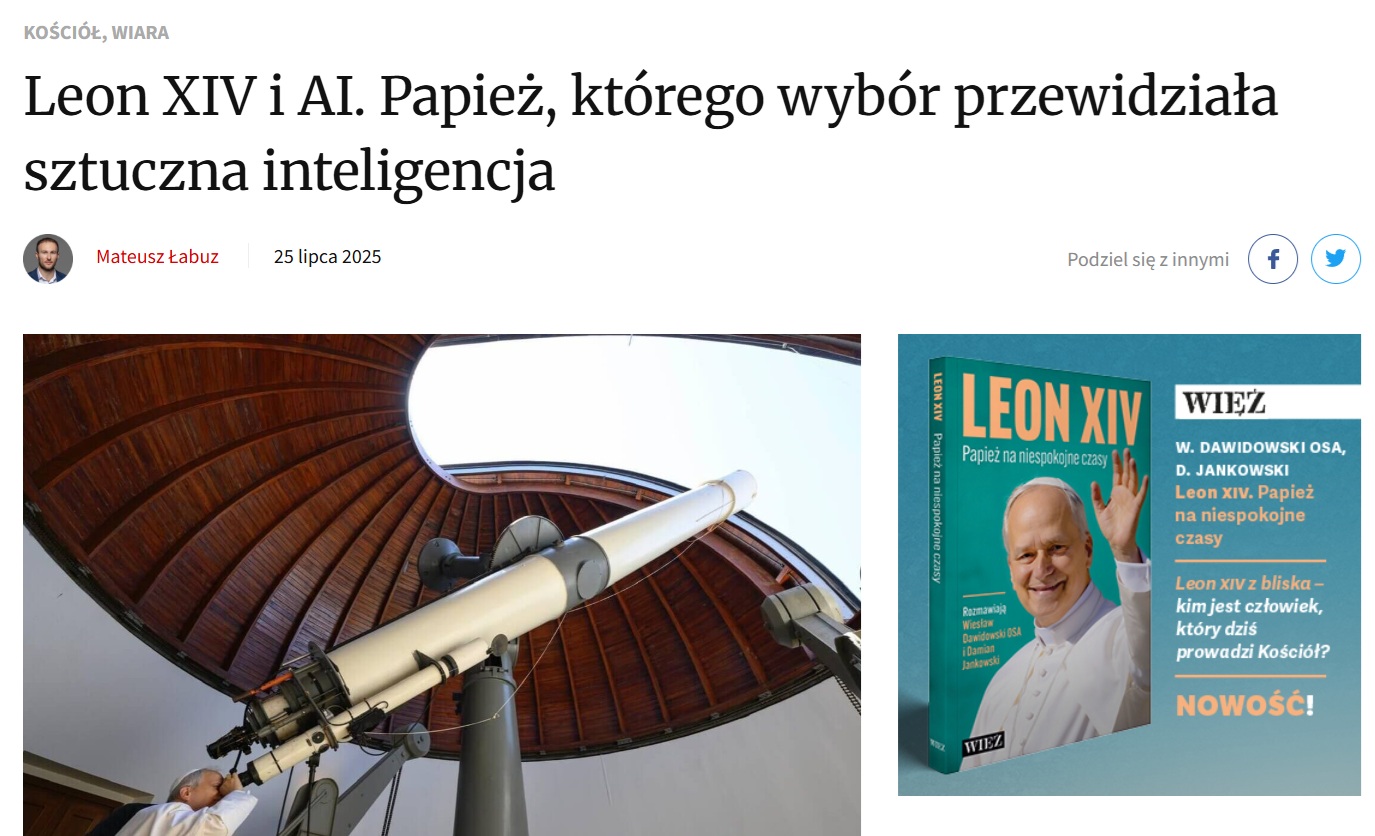
Mateusz’s OpEd on why Leo XIV chose his name and the influence of AI-(r)evolution on Catholic Church was published by the Polish newspaper “Więź”. As it is written in Polish, a couple of interesting facts: During the inaugural meeting with the College of Cardinals, speaking about the reasons for choosing the name, the Pope recalled…
Archive
- Political Tech Summit
- ICS activities in the second half of 2025
- We are hiring!
- Defending democracy against foreign influence campaigns: A wargaming exercise
- Webinar with Cyprus institutions
- Mateusz as a speaker at the GIZ conference
- Mateusz co-authored book
- Matthias joins the BSI conference advisory board
- PROTEKT – Roundtable Espionage & Zeitenwende
- OpEd on strenghtening social resilience
- “Reverse Brussels effect”? Mateusz’s OpEd in The Loop
- OpEd on AI and why Leo XIV chose this name
- Matthias in podcast “Was ist da los?”
- #1 Und DAS glaubst du?! – Ist Desinformation eigentlich ein neues Phänomen? mit Dr. Matthias Schulze
- ICS activities in the first half of 2025
- Matthias in Table Briefings
- Mateusz has just defended his PhD Thesis!
- Annual Peace Report published!
- The Real End of History: AI Shaking Google’s Hegemony
- The Crumbling Foundation of Global Cybersecurity
- Podcast available on recent research activities by Matthias Schulze
- ICS supports research
- Commentary for Tagesspiegel Background
- Matthias in podcast from Deutschland Funk
- Part 2: Doing active cyber defense
- Matthias interviewed by Berlin Security Beat
- Comment for Tagesspiegel article
